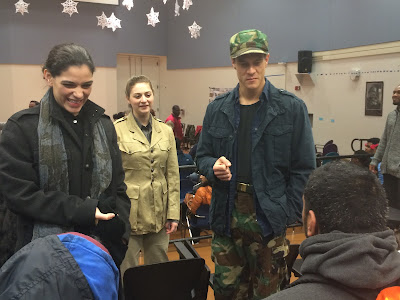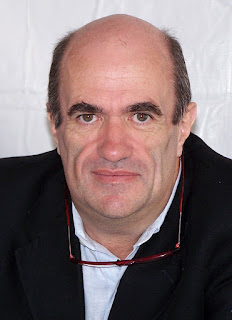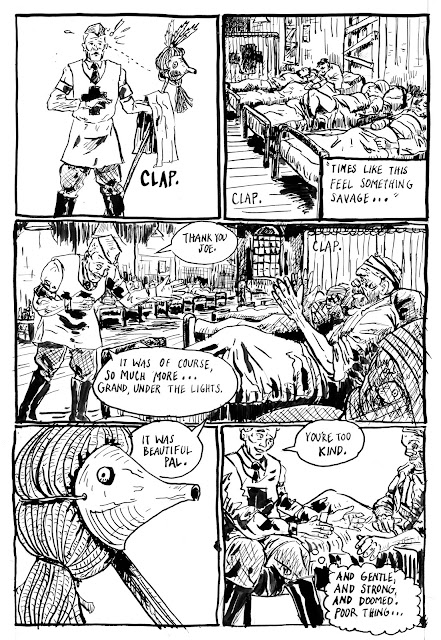Tom Stoppard at The Strand

by Simon Hodgson Many thanks to everyone who filled The Strand on Sunday for the reading of Tom Stoppard’s The Hard Problem . It was great to see so many people showing up for our Scripts Play Reading Series . Aside from the pleasure of hearing Stoppard performed by an all-star cast, it was a treat to see several favorite faces from other A.C.T. shows. On Sunday, The Hard Problem cast included actors from no fewer than four of this season’s mainstage productions: Rinabeth Apostol from Monstress ; Ramiz Monsef, currently starring in The Unfortunates ; David Strathairn from the upcoming Chester Bailey ; and Rod Gnapp, James Wagner, Rebecca Watson, and Allison Jean White—all currently appearing in The Realistic Joneses at The Geary. Ramiz Monsef, Allison Jean White, and David Strathairn appearing in A.C.T.'s Scripts Play Reading Series for Tom Stoppard's The Hard Problem . Photo by Cecilia Padilla. One of the amazing things about coming regularly








